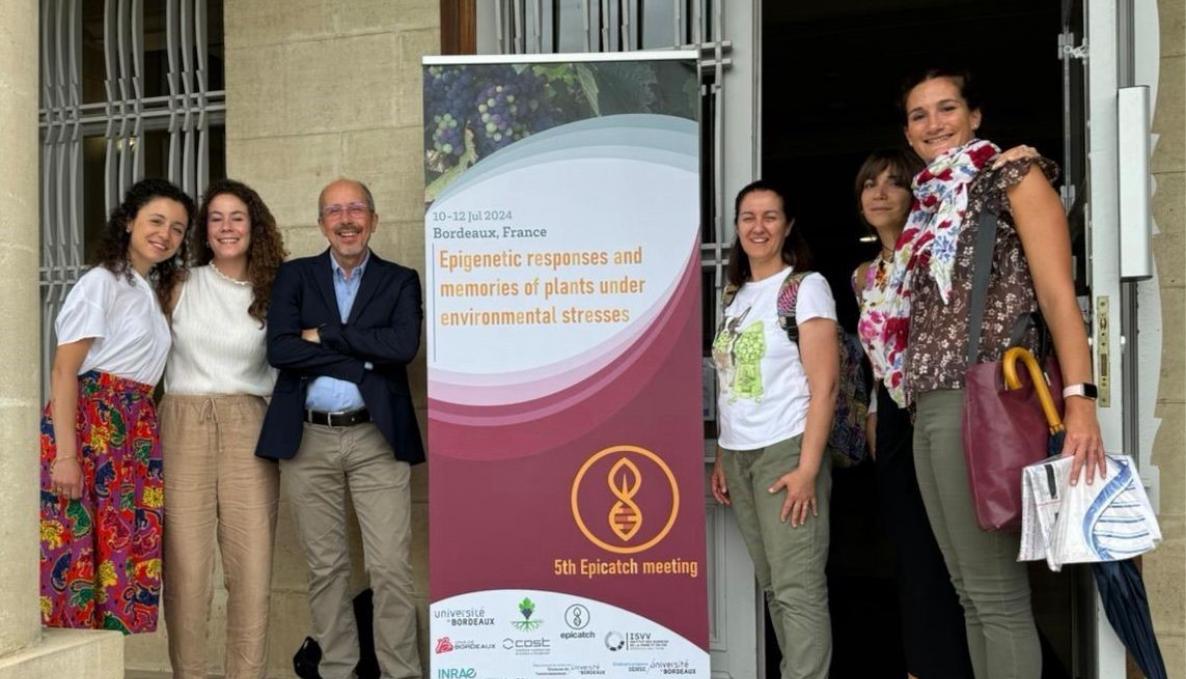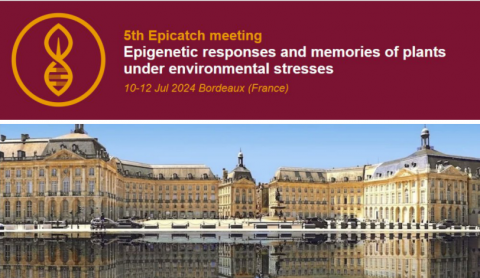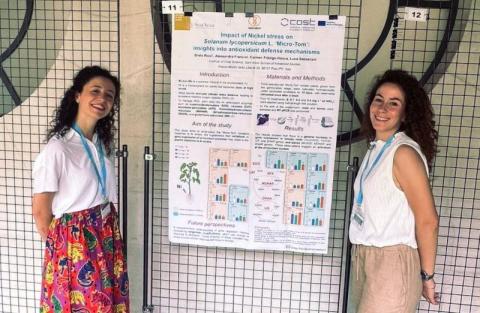The Institute of Plant Production of the Sant'Anna School participates in the fifth EPI-CATCH conference of COST ACTION, in Bordeaux, to share new knowledge on epigenetic mechanisms that regulate crop response to climate change

Recent climate changes force plants into constant exposure to environmental stresses, inducing specific biochemical, genetic and epigenetic responses in the organism. These responses are stored by the plant to help it adapt to future adversity. In this way, plants, thanks to epigenetics, or heritable modification of DNA structure, can rapidly acclimatize and pass on past experiences to future generations.
Luca Sebastiani, full professor of General Arboriculture and Arboreal Cultivation at the Institute of Plant Production of the Sant'Anna School, is speaking at the fifth COST ACTION EPI-CATCH conference,scheduled Bordeaux through Friday, July 12, on the topic of epigenetic mechanisms that determine the response of tree species to environmental stimuli.
In the talk on "Issues and challenges in studying epigenetic responses to environmental stimuli in woody perennials," Luca Sebastiani presented case studies on which the Comparative Genomics and Crop Physiology research group of the Institute of Plant Production has been working for years. A first example was that of poplar, on which genetic and epigenetic mechanisms have been highlighted that enable the species to respond readily to heavy metal pollution. Another was that of theolive tree, which is a symbolic species of Mediterranean culture and food. This species is frequently exposed to water and salt stresses and will be even more so in the future due to climate change. It is therefore essential to understand how the species adapts to environmental changes and then be able to use this information for the purpose of selecting more resistant varieties or to activate the species' natural defenses.
The conference is an opportunity to present the latest research in the field of epigenetic regulation and memory of plants exposed to environmental stresses, considering both somatic memory, i.e., that developed during the life of the plant, and the inter/transgenerational inheritance of epigenetic information.
The COST Action (CA 19125) under which the conference in Bordeaux is organized aims to generate, share and develop new knowledge and methodologies to study the role of epigenetic mechanisms in the adaptation of plants to their environment in the context of global warming.
For the Comparative Genomics and Crop Physiology research group of the Institute of Plant Production of the Sant'Anna School, assistant professor Alessandra Francini and assistant professor Andrea Zuccolo, research fellows Elena Vichi and Giulia Tarquini, and PhD students Carmen Fidalgo Illesca and Greta Ricci also contributed to the study and participated in the conference in Bordeaux. The conference was an excellent opportunity for the young researchers to present additional research, "Impact of Nickel stress on Solanum lycopersicum L. 'Micro-Tom: Insights into antioxidant defense mechanisms," of which Greta Ricci was the lead author.
Cover photo from left: Greta Ricci, Carmen Fidalgo Illesca, Luca Sebastiani, Alessandra Francini, Elena Vichi, Giulia Tarquini.
Other Images: some moments of the Comparative Genomics and Crop Physiology team's participation in the conference.







